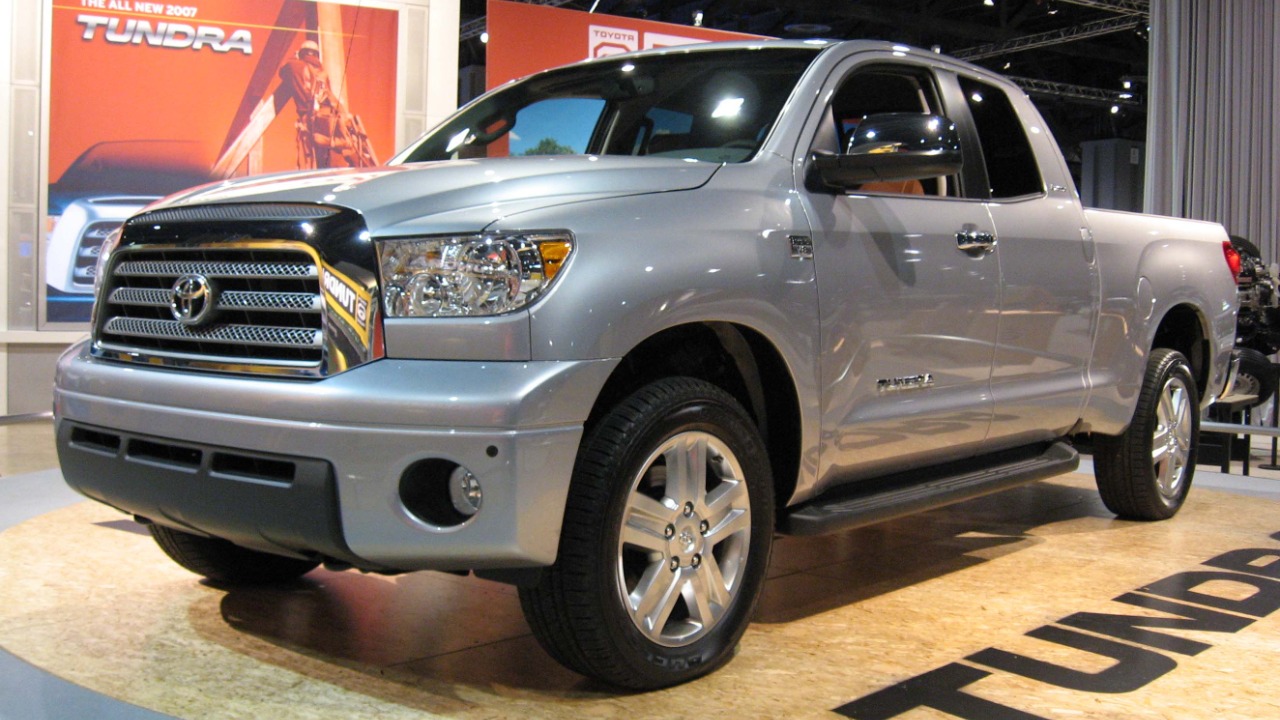
The traditional diesel truck has been a staple in the automotive industry for decades, but recent innovations are challenging its dominance. As environmental concerns and technological advancements continue to shape the market, new players are emerging with alternatives that break away from the conventional diesel trend. Here are five trucks that are setting the pace in this evolving landscape.
Electric Revolution: Rivian R1T
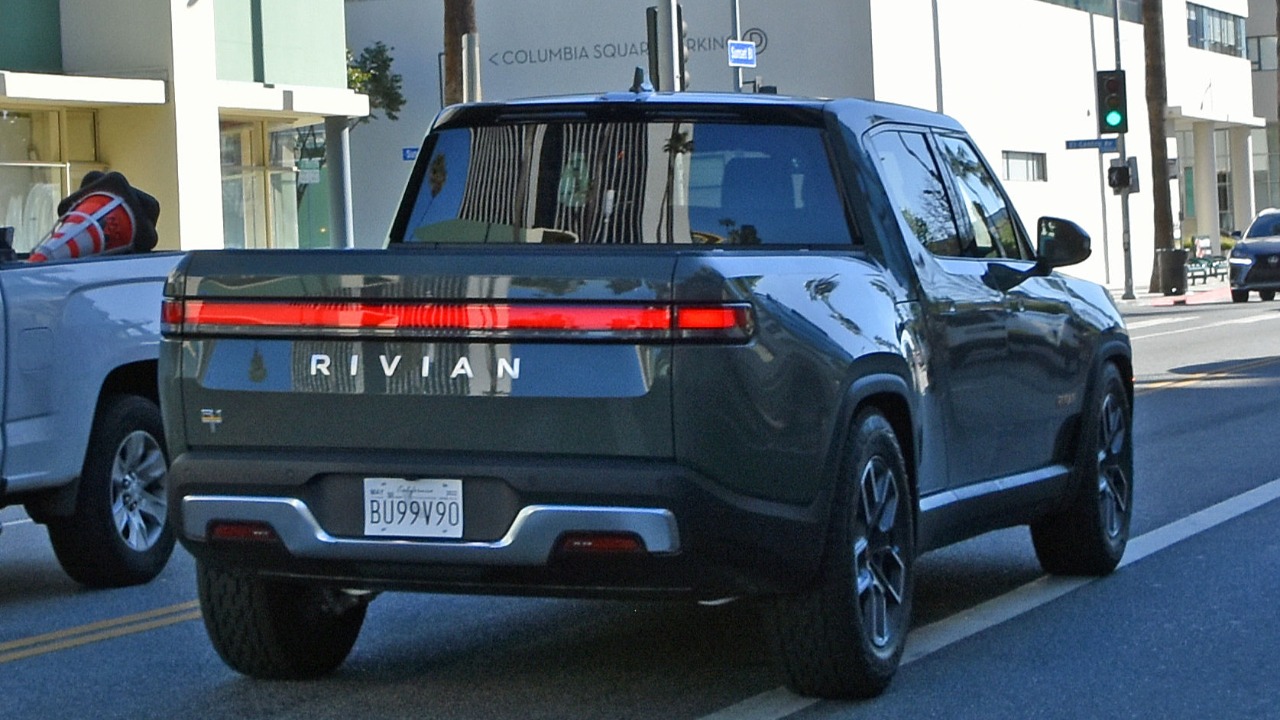
The Rivian R1T has been making waves as one of the first all-electric trucks to hit the market. With a range of over 300 miles on a single charge, it offers a compelling alternative to diesel-powered vehicles. The R1T’s dual-motor system provides impressive power and torque, making it a formidable option for both work and play.
What sets the R1T apart is its commitment to sustainability without compromising on performance. It features a suite of advanced technologies, including a fully digital dashboard and an array of driver-assistance systems. For those looking to reduce their carbon footprint while enjoying the utility of a truck, the Rivian R1T stands as a pioneering choice.
Hydrogen Future: Toyota Tundra Fuel Cell
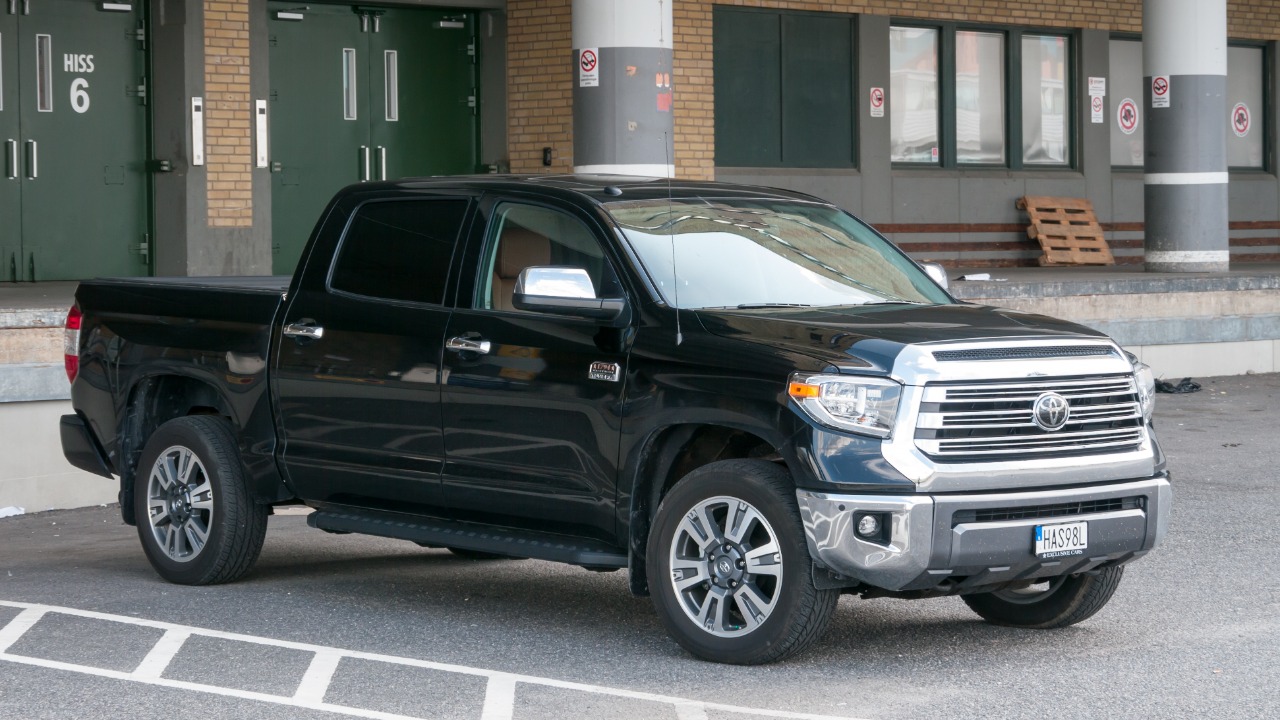
Toyota is exploring the potential of hydrogen fuel cells with its Tundra Fuel Cell prototype. Unlike traditional combustion engines, hydrogen fuel cells emit only water vapor, presenting a clean and efficient alternative. This technology promises a quick refueling time, rivaling that of diesel trucks.
The Tundra Fuel Cell combines Toyota’s expertise in hybrid technology with their vision for a hydrogen-powered future. While still in the development stage, this truck represents a significant step toward diversifying the energy sources used in automotive applications. The potential impact on reducing emissions and reliance on fossil fuels makes this an exciting prospect for environmentally conscious consumers.
Hybrid Innovation: Ford F-150 PowerBoost
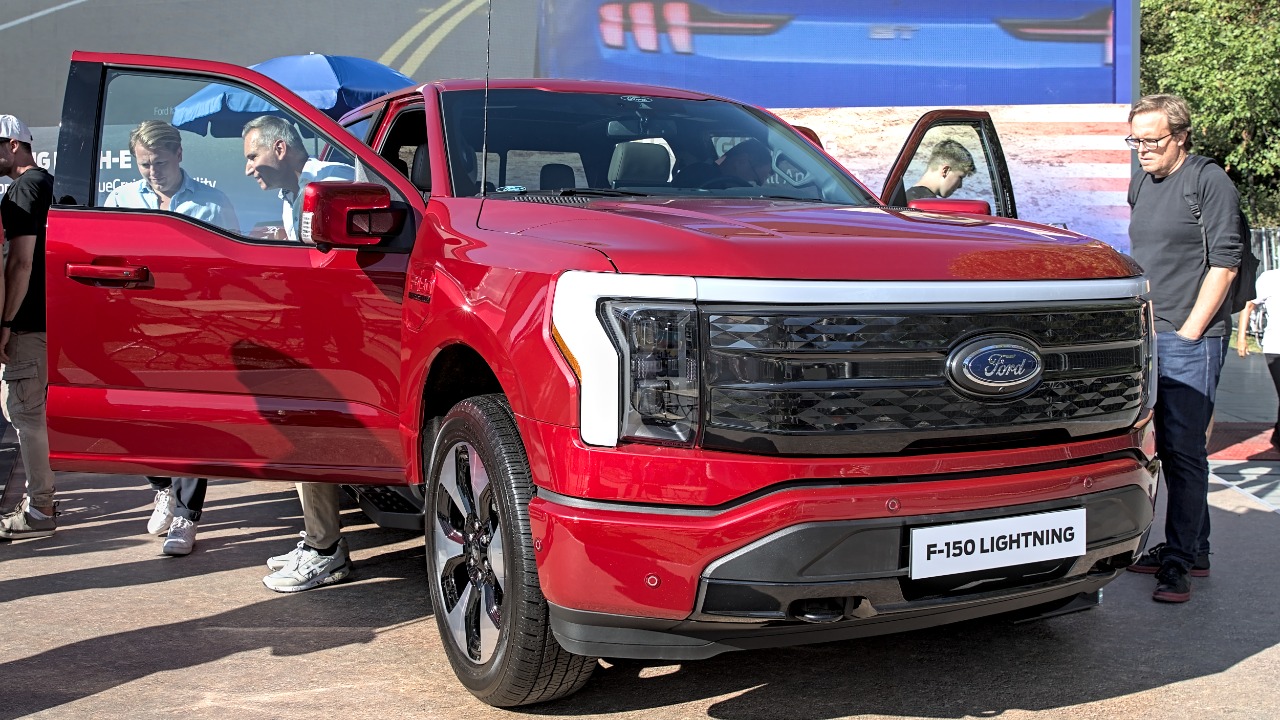
The Ford F-150 PowerBoost hybrid combines the best of both worlds by integrating a traditional gasoline engine with an electric motor. This setup results in enhanced fuel efficiency and performance, making it an attractive alternative for those not ready to go fully electric.
Featuring a 3.5-liter PowerBoost Full Hybrid V6 engine, the F-150 delivers impressive towing capabilities while maintaining fuel economy. The hybrid system also supports on-the-job power needs with its Pro Power Onboard generator feature. This innovative approach aligns with Ford’s commitment to sustainable trucking without sacrificing the power that users have come to expect from an F-150.
Solar-Powered Concept: Atlis XT

The Atlis XT is an ambitious project that aims to integrate solar power into the trucking industry. While still in the concept phase, the XT proposes using solar panels to extend its electric range, offering a unique solution to energy consumption challenges. This futuristic truck is designed to cater to a wide range of commercial and personal needs.
Atlis is focused on creating a truck that not only meets the demands of today’s drivers but also addresses the environmental concerns of tomorrow. Although the technology is still developing, the potential benefits of solar integration—such as reduced reliance on charging stations and increased off-grid capabilities—make the Atlis XT a concept worth watching.
Biofuel Alternative: Chevy Silverado with Biodiesel
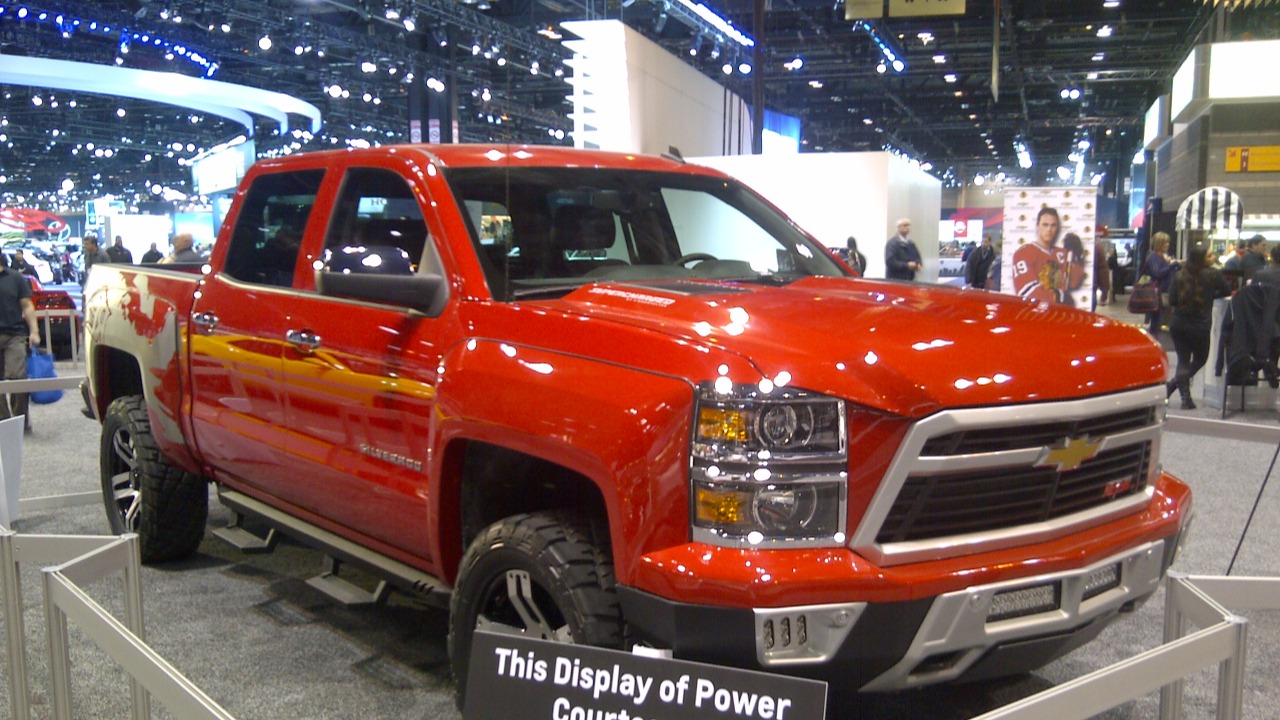
The Chevy Silverado is known for its ruggedness and reliability, but with the introduction of biodiesel compatibility, it now offers a more sustainable option. Biodiesel, produced from renewable resources like vegetable oils and animal fats, can significantly reduce emissions compared to traditional diesel. This makes the Silverado a compelling choice for those looking to make a greener impact without sacrificing power.
Chevrolet’s commitment to exploring alternative fuels highlights its dedication to both performance and environmental responsibility. The Silverado’s adaptability to biodiesel is a practical step in reducing the carbon footprint of heavy-duty vehicles while still delivering on the performance expectations of its user base.